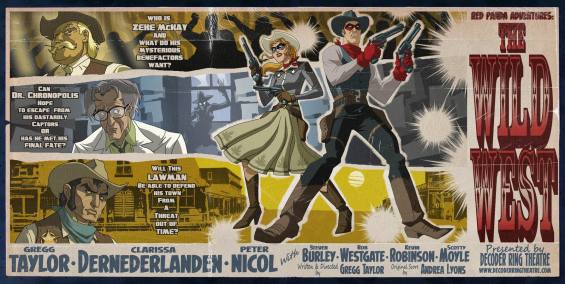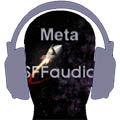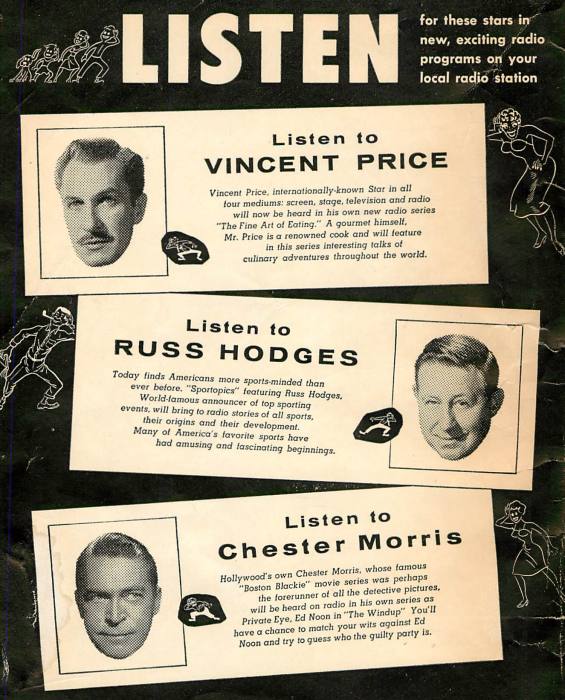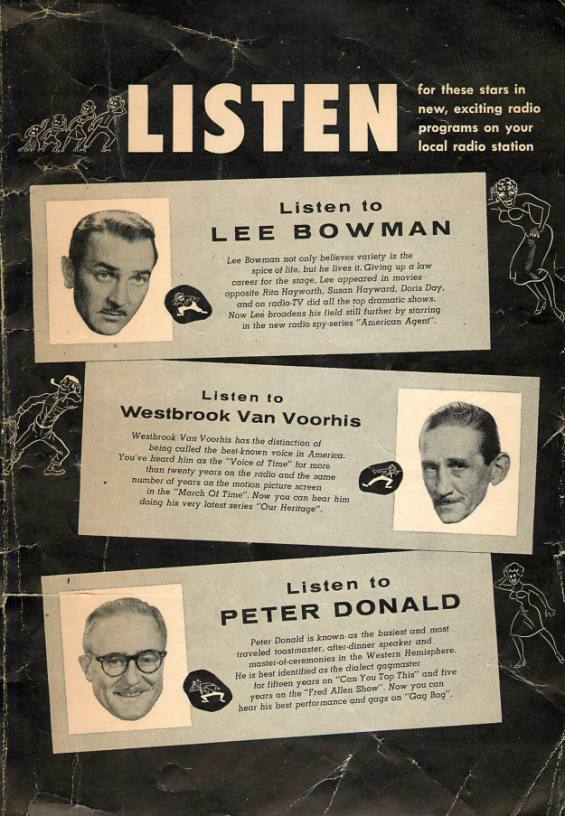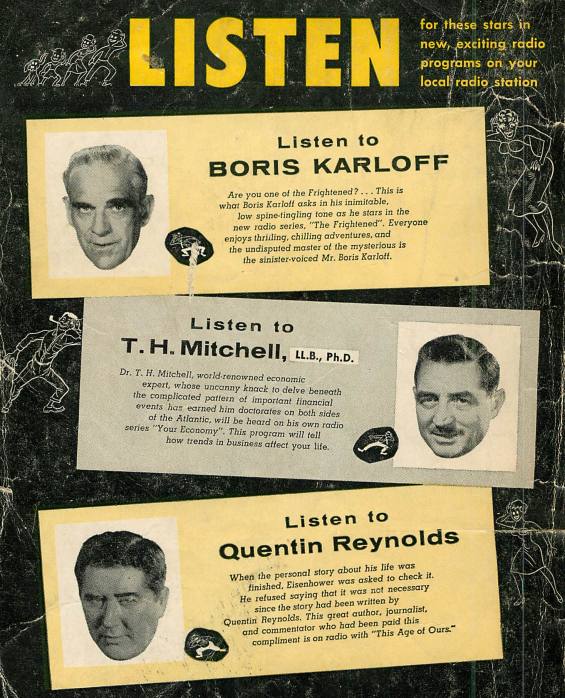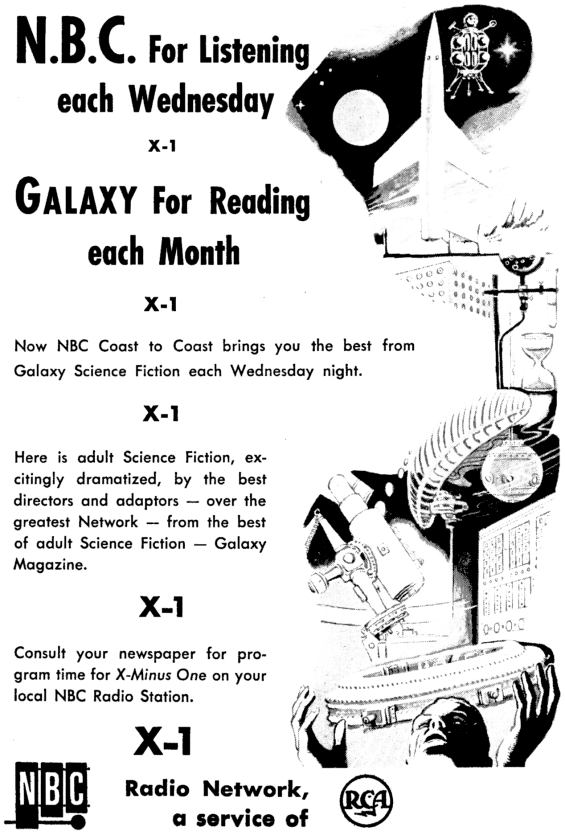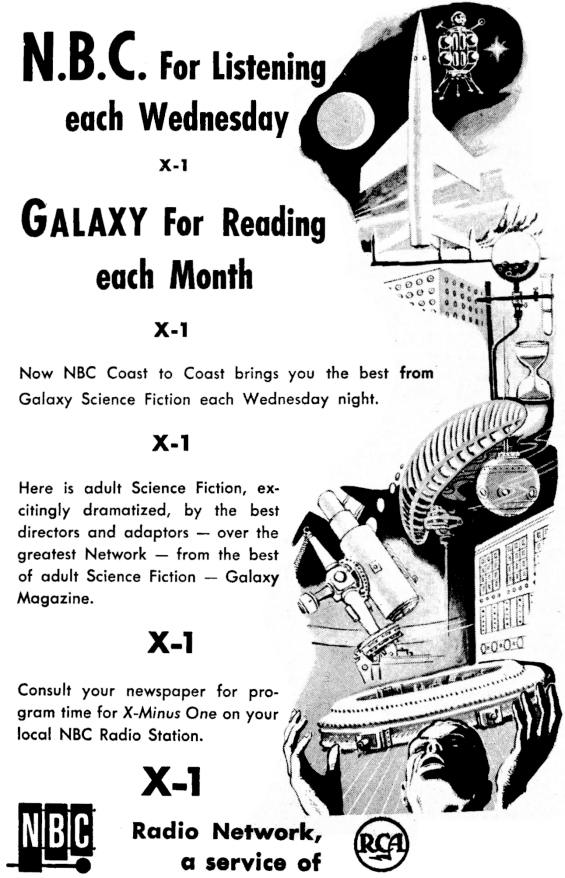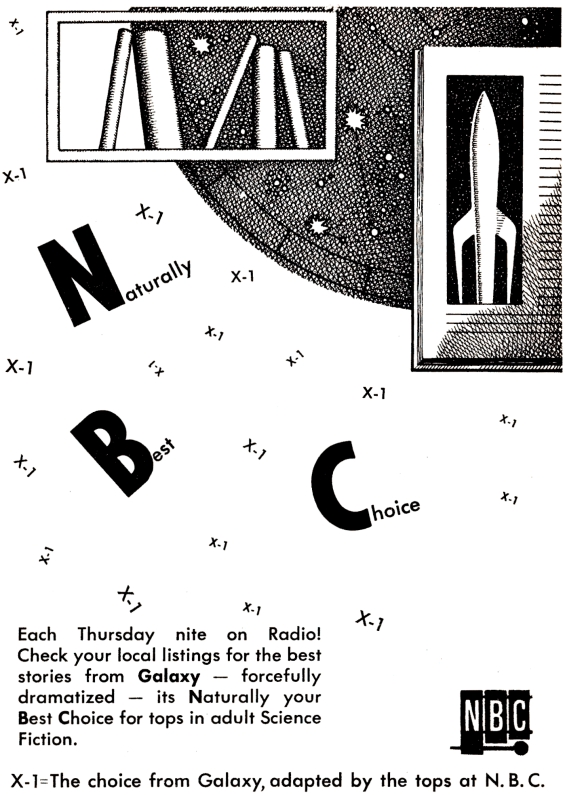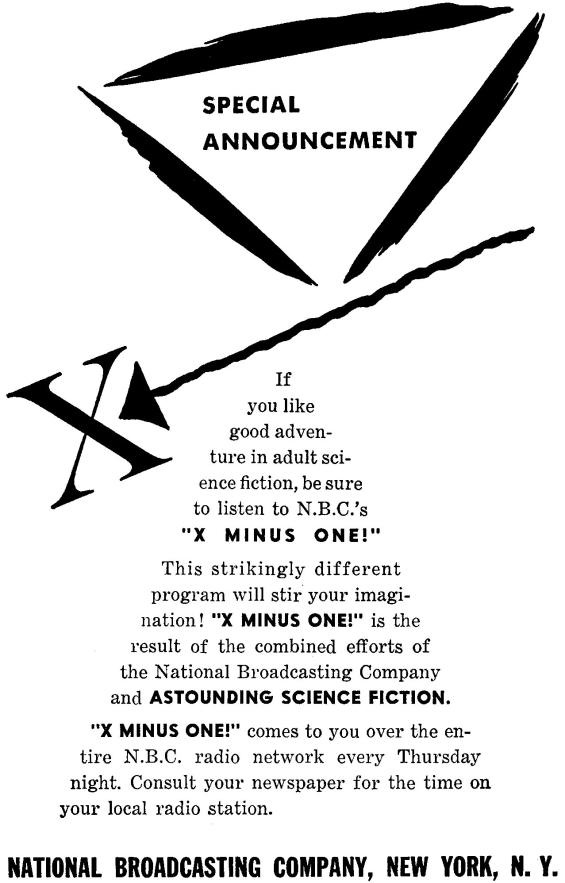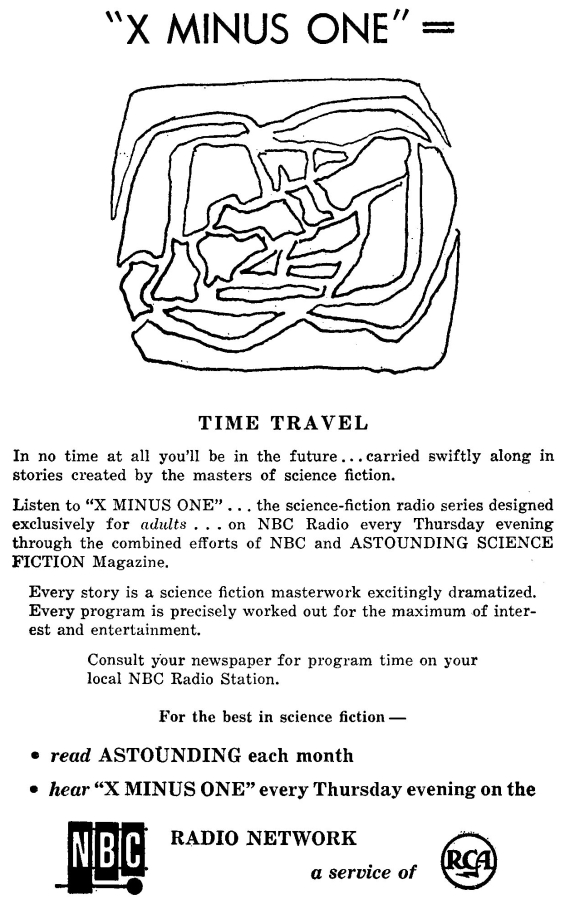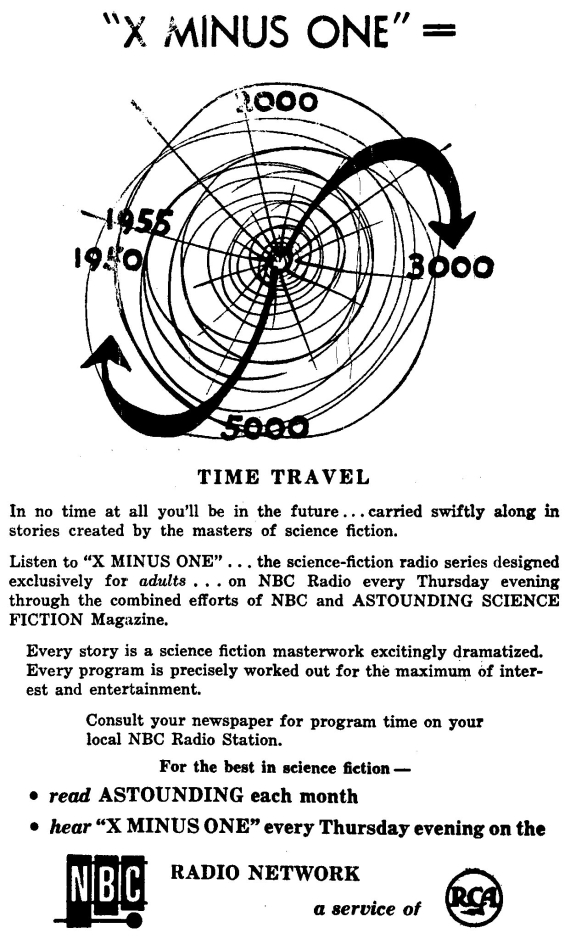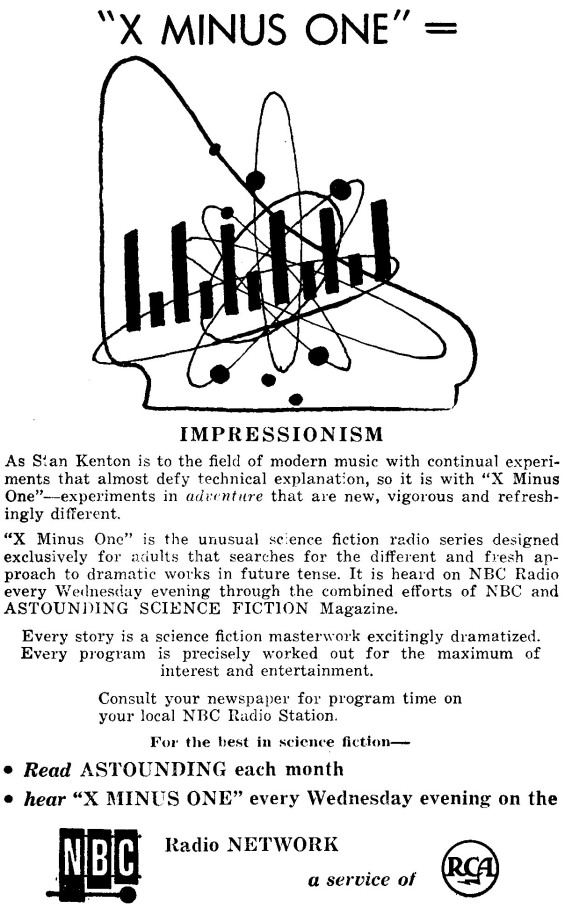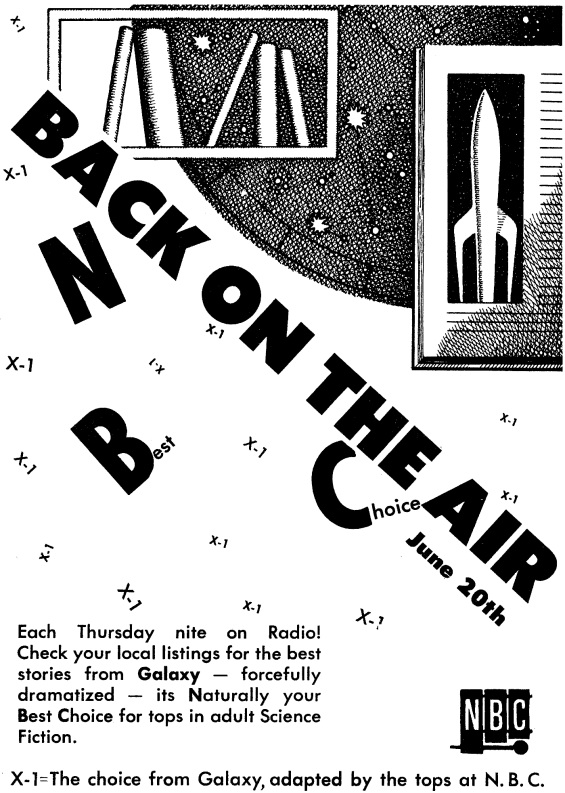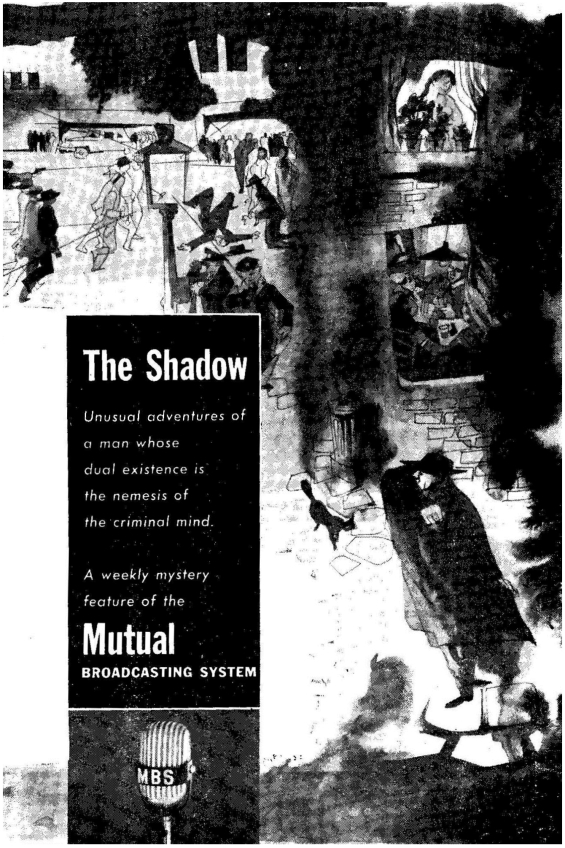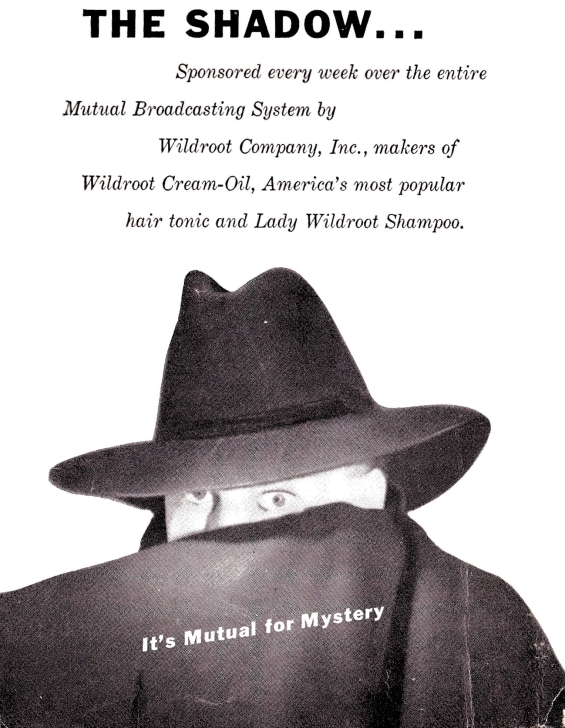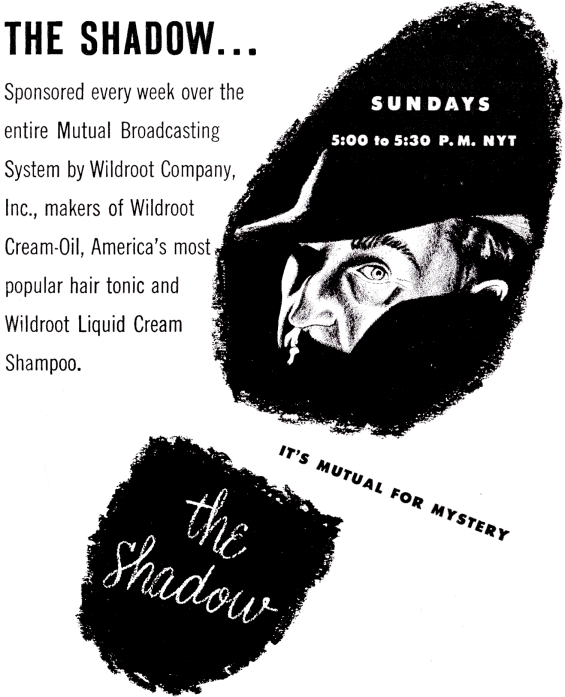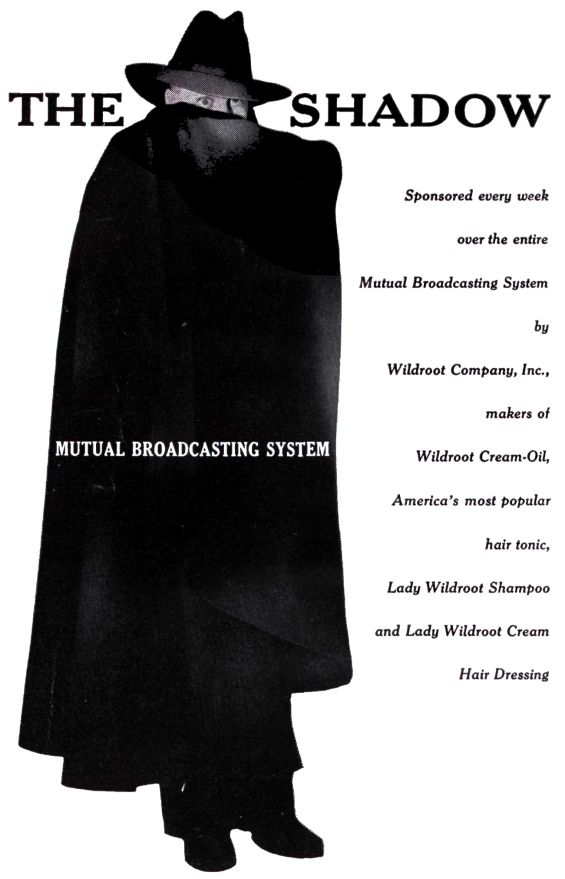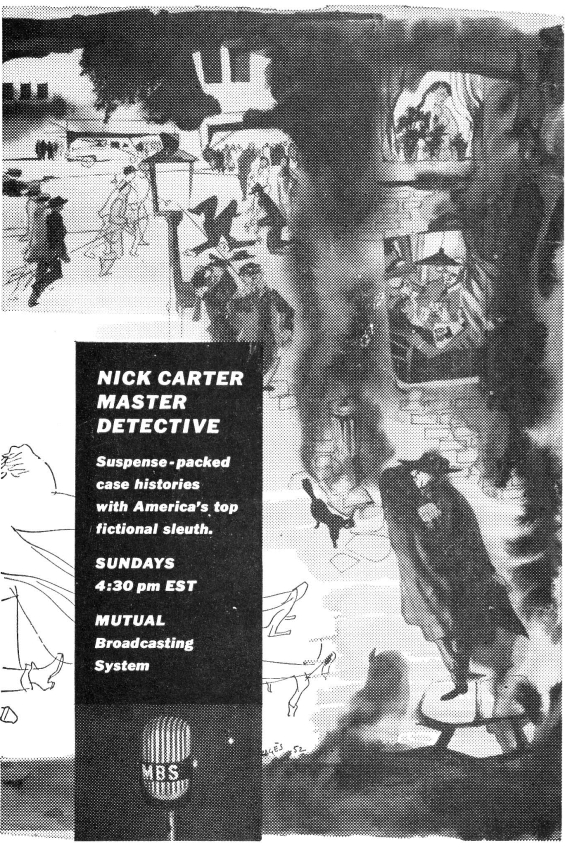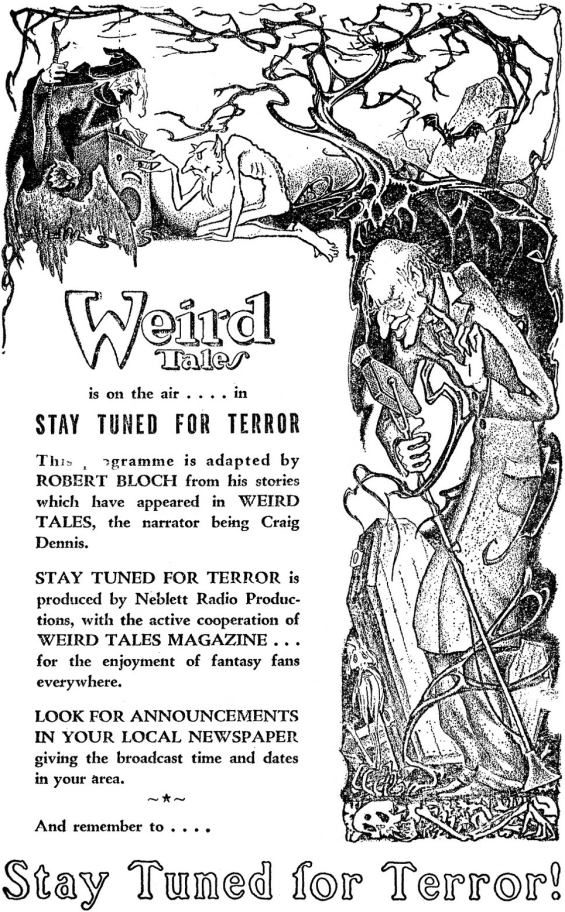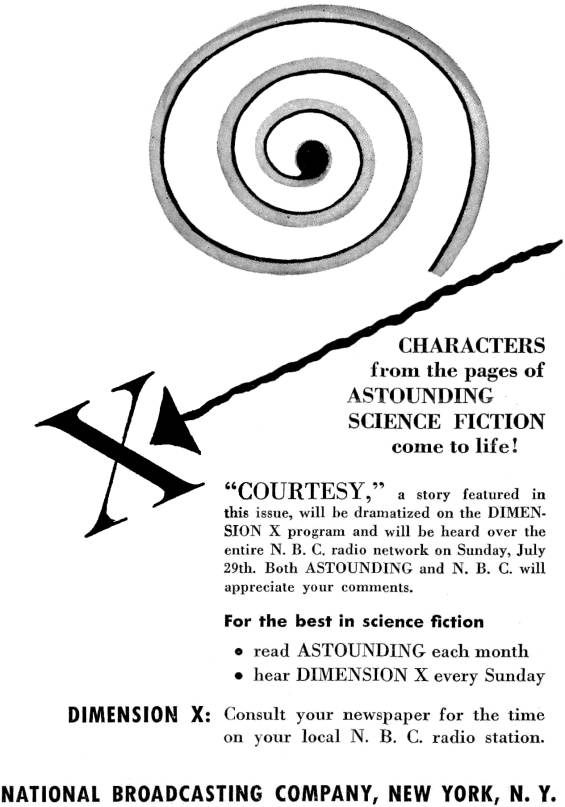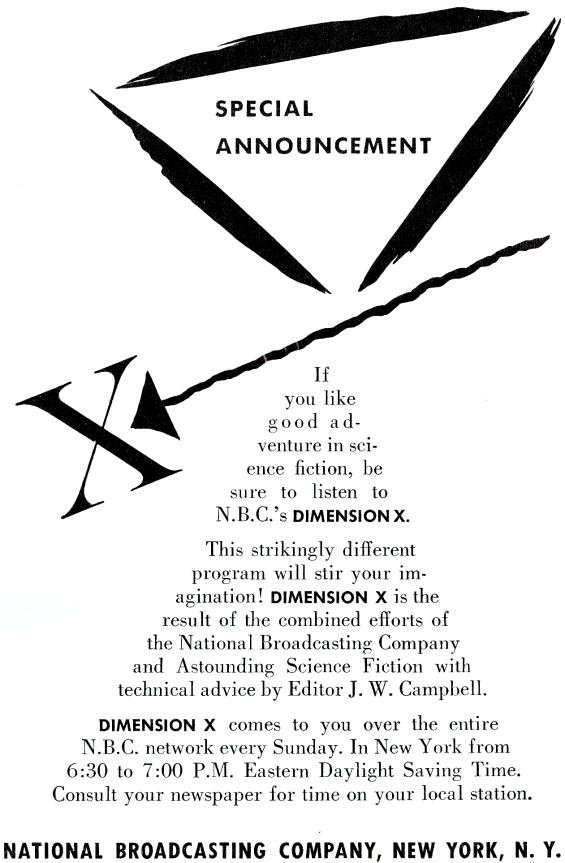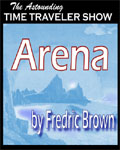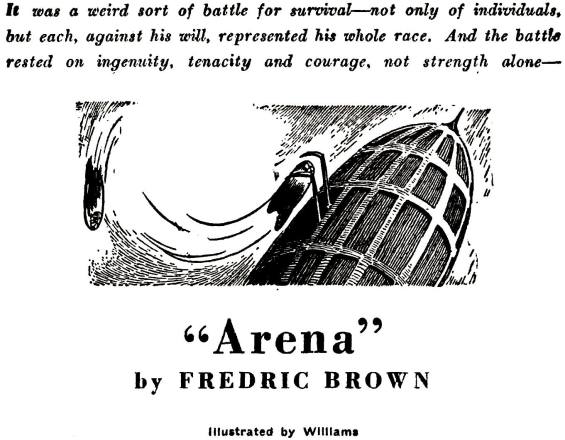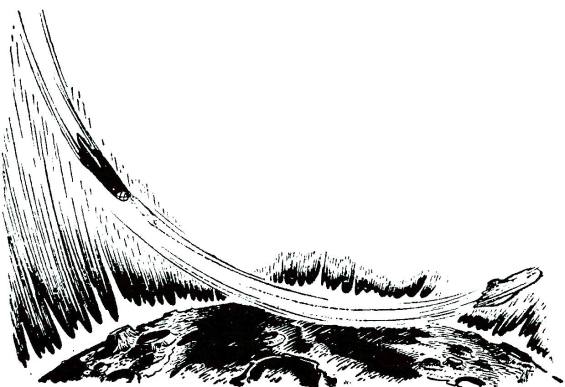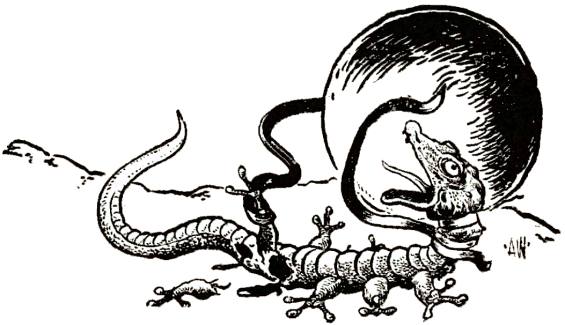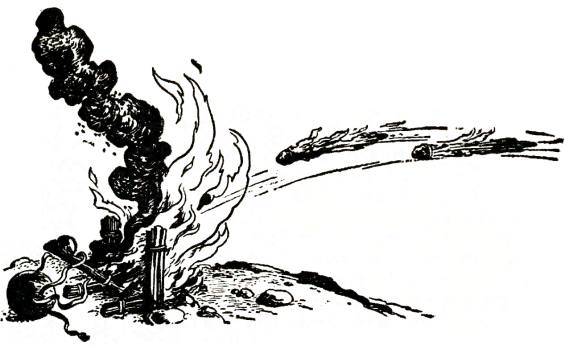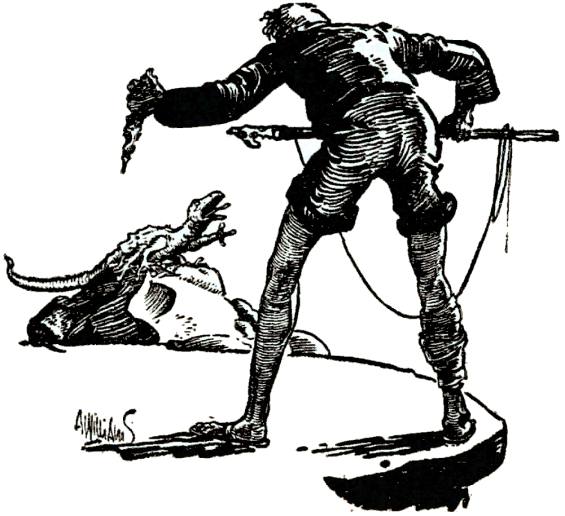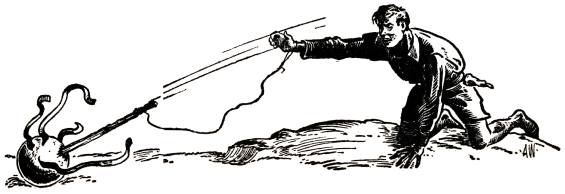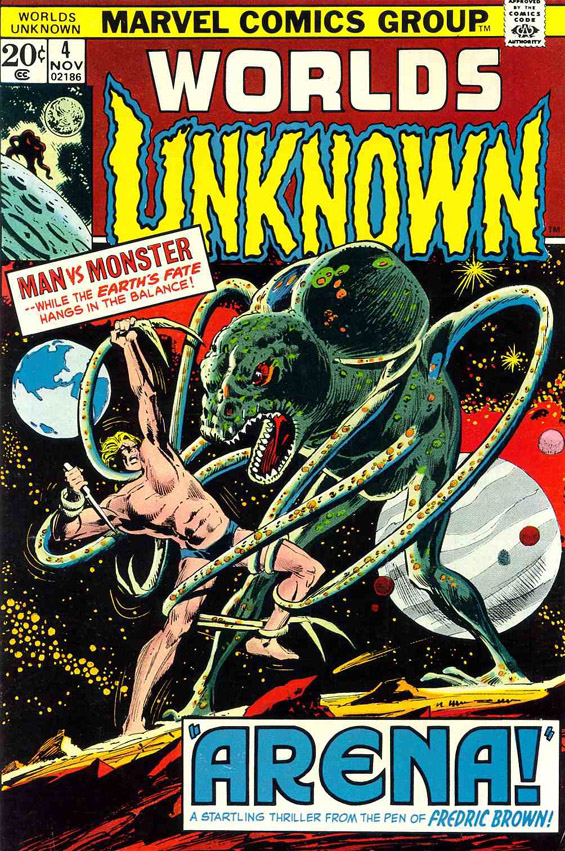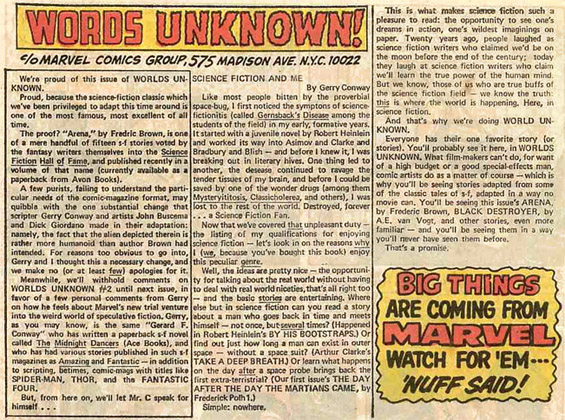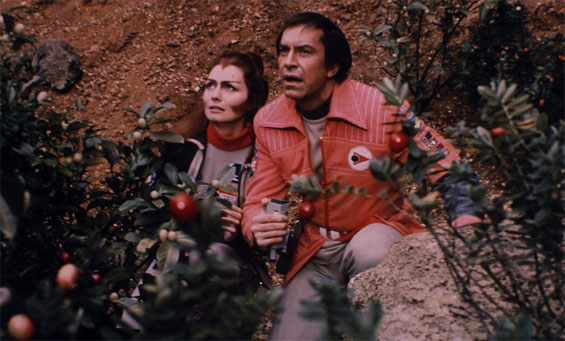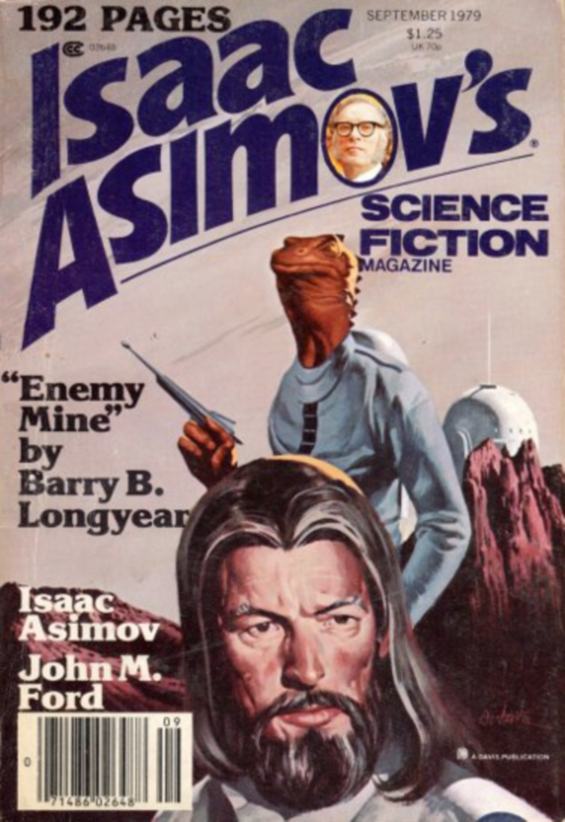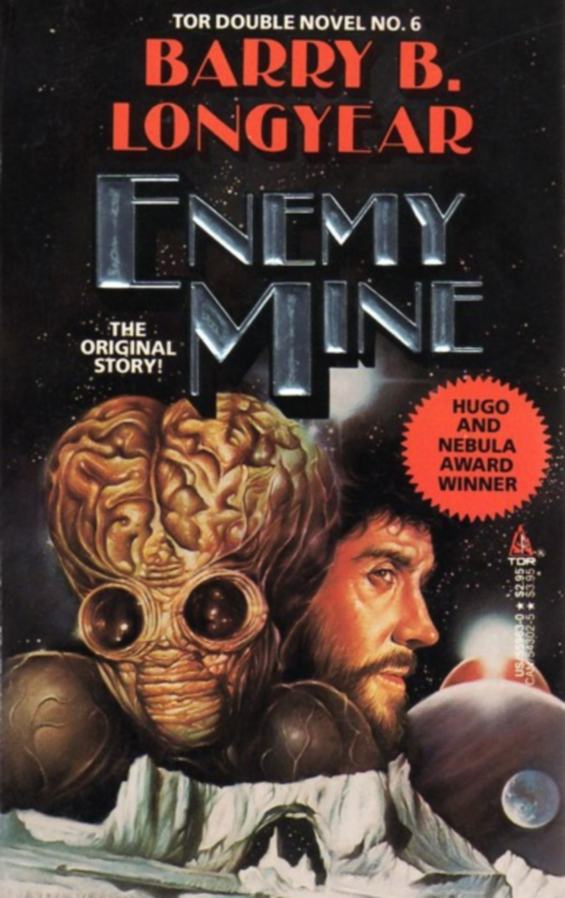
 According to this Wikileaks document, an embassy cable from the United States embassy in Ottawa to the U.S. government in Washington, the United States was heavily pressuring Canada’s Conservative government ministers to pass their DMCA-style copyright legislation.
According to this Wikileaks document, an embassy cable from the United States embassy in Ottawa to the U.S. government in Washington, the United States was heavily pressuring Canada’s Conservative government ministers to pass their DMCA-style copyright legislation.
Despite the pressure, which included placing Canada on a “Priority Watch List”, the Conservatives weren’t able to please their U.S. advisors by delivering a DMCA-style copyright law. This failure is attributable to the Conservative’s minority government status and a growing opposition (public awareness). According to the cable neither attempt, Bill C-32 nor Bill C-61, was brought to a vote because the Conservatives knew it might cost them the 2008 election or the next (Monday’s). One of the more interesting lines, in the fascinating document, is this one:
On February 25, however, Industry Minister Prentice (please protect) admitted to the Ambassador that some Cabinet members and Conservative Members of Parliament – including MPs who won their ridings by slim margins – opposed tabling the copyright bill now because it might be used against them in the next federal election.
Despite Industry Minister Jim Prentice’s protected status he will not be running for re-election.
It may have been in a bid to curry such protection “an [unnamed] influential Liberal MP on intellectual property issues” told the U.S. embassy that “the copyright bill would receive widespread support from the Conservative, Liberal, and Bloc Quebecois parties if and when the GOC [Government Of Canada] sends it to Parliament.”
WOW! The Liberals and the Bloc would have supported Bills C-61 and C-32. Nice to know.
Perhaps this is due to the “inherent inferiority complex of Canadians” toward the U.S.? That’s detailed in this cable about how the U.S. needed to stay out of Canada’s last federal election. Will the trend be overturned on Monday? Maybe the “orange wave” can prevent whatever successor copyright legislation that comes after the election from being written wholly with U.S. interests in the foreground.
In the U.S. blue stands for the Democrat and red stands for the Republican. In Canada red stands for Liberal and blue stands for Conservative. No matter which side of the border, though, both red and blue are the parties of big business.
Individual people, small business owners and the self employed are not served by voting red or blue. The funding for all four red and blue parties comes from big business, they are honourable and so they do what they are paid to do – serve big business. But unlike our American cousins we have a second option in Canada. We have a choice of either blue/red or orange. Sure, maybe having green would be a good idea one day too – but right now we really only have a choice of either red/blue (big business) or orange (people). Please be a person on Monday and vote-in an orange government.
Posted by Jesse Willis
